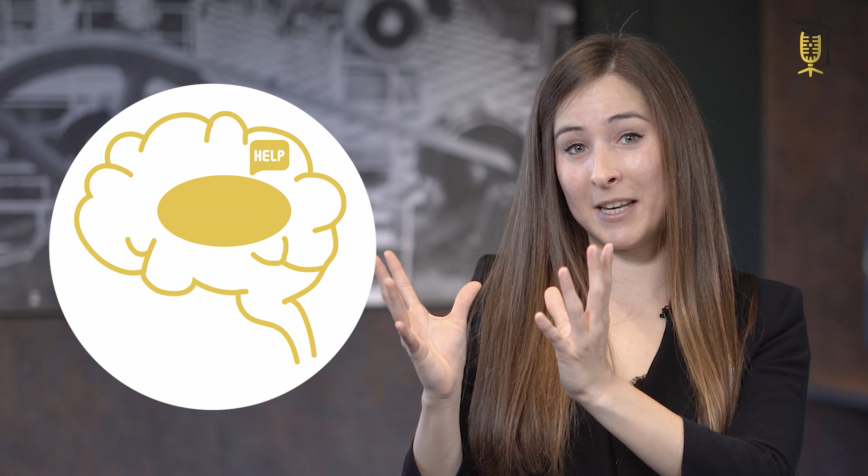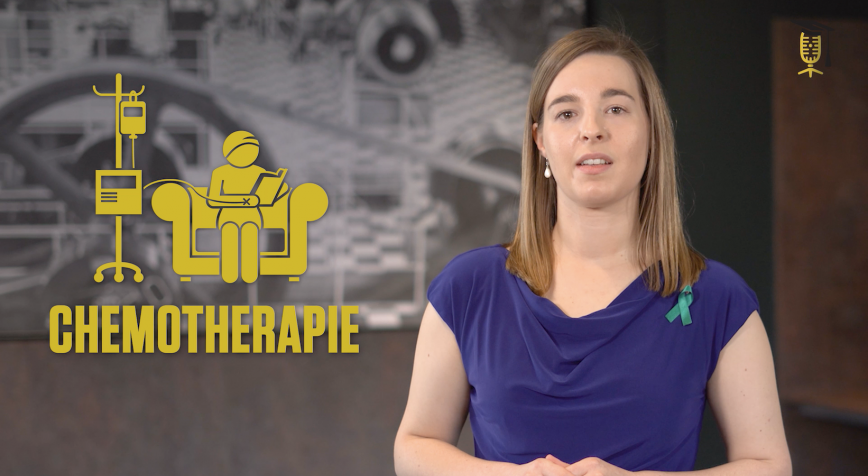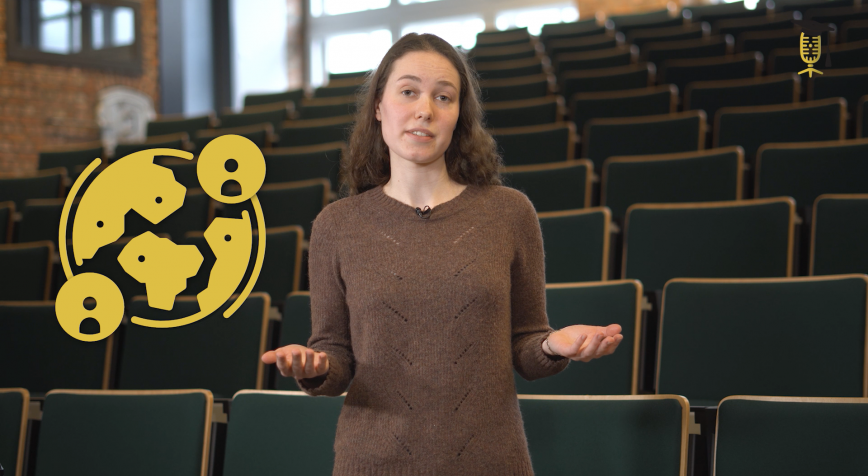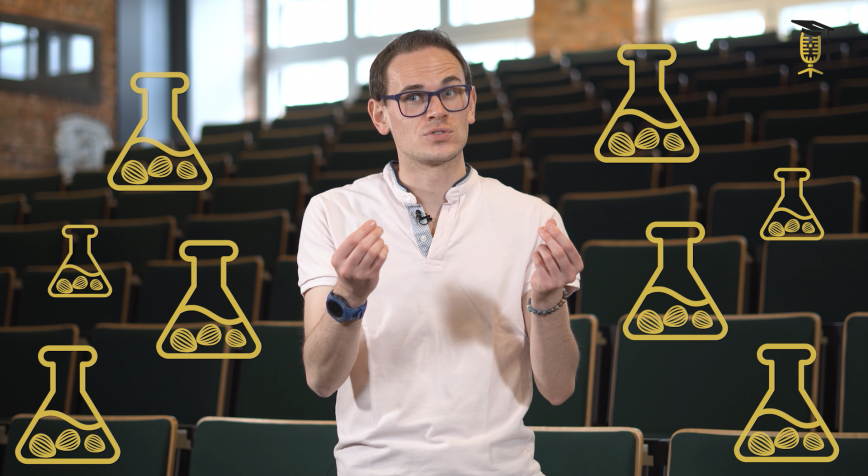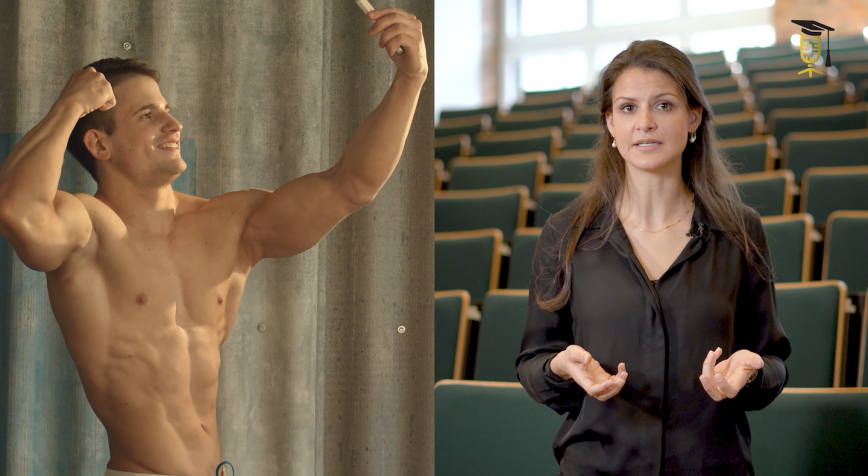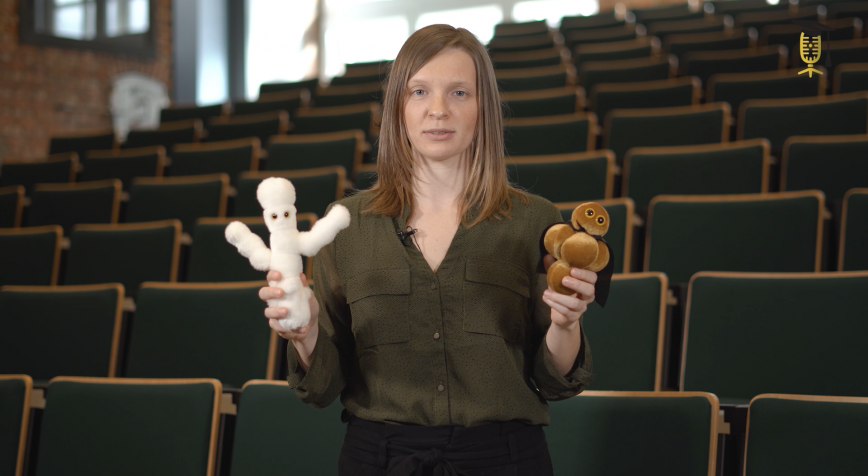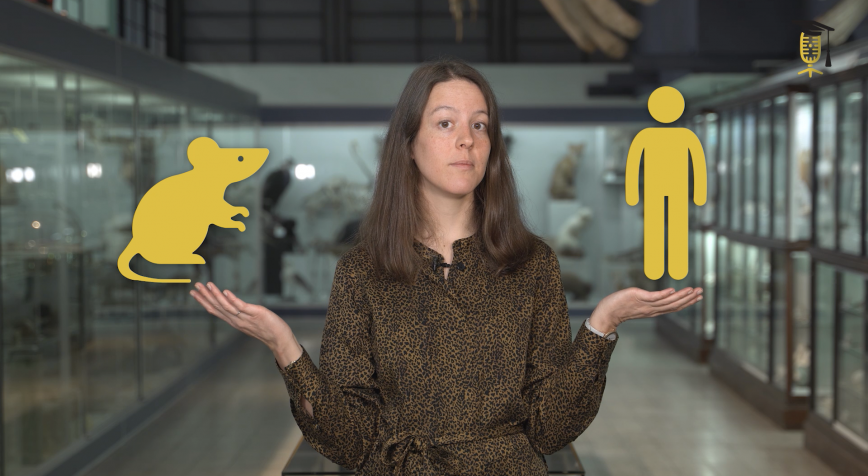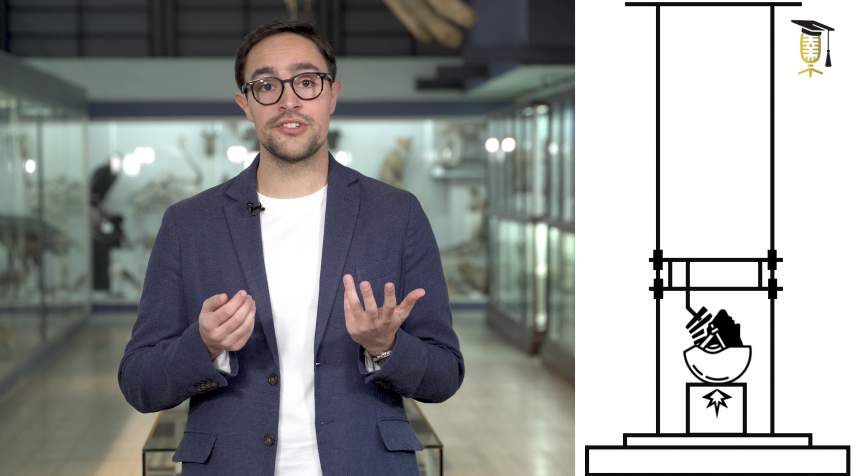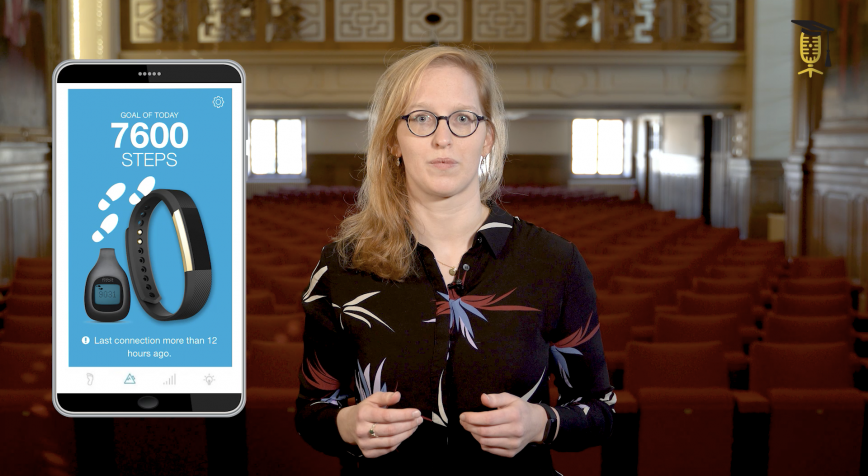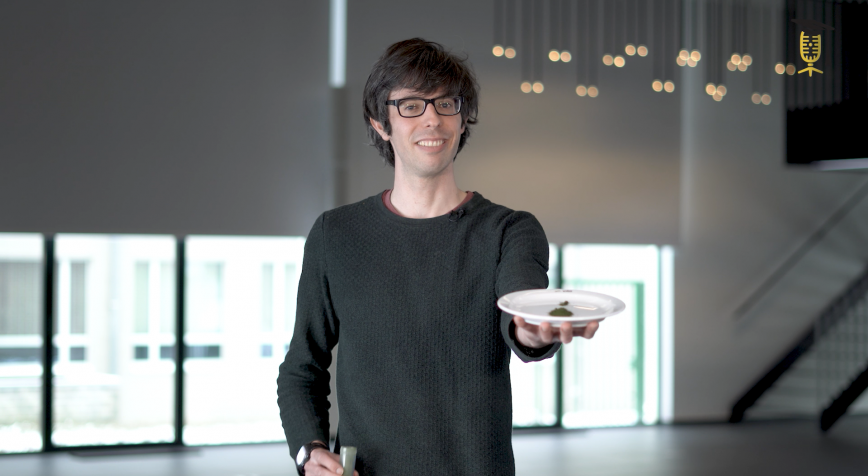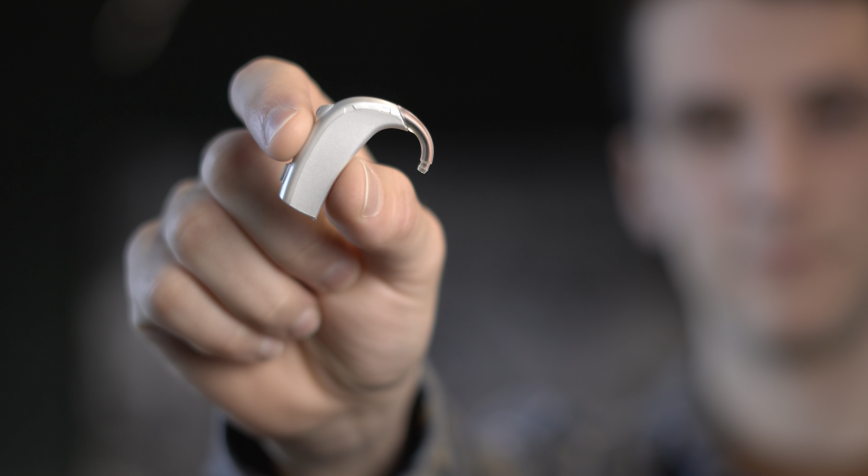
FWO
KU Leuven
Brain-controlled hearing aids
Family parties are a nightmare for those who wear hearing aids. With all those people talking at the same time, they find it difficult to hold a conversation. Engineer Simon Geirnaert is working on a solution. With his brain-controlled hearing aids, he also wants to help people with a hearing aid to communicate with each other.
